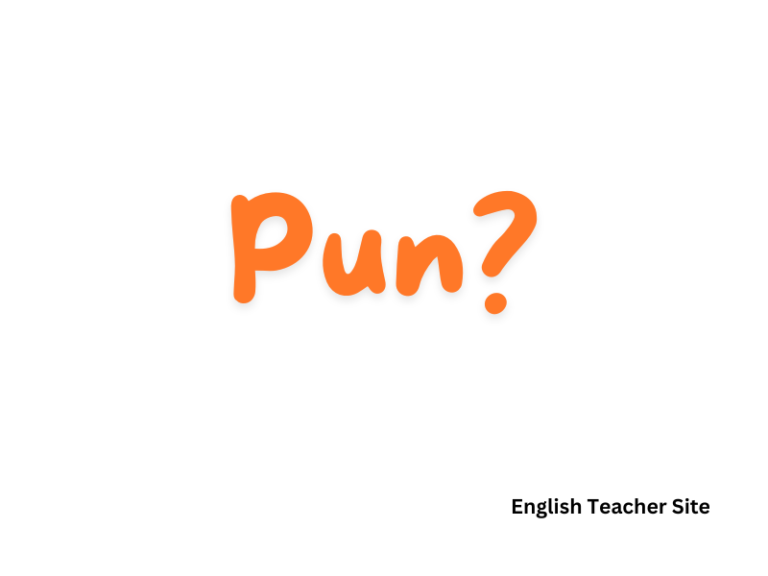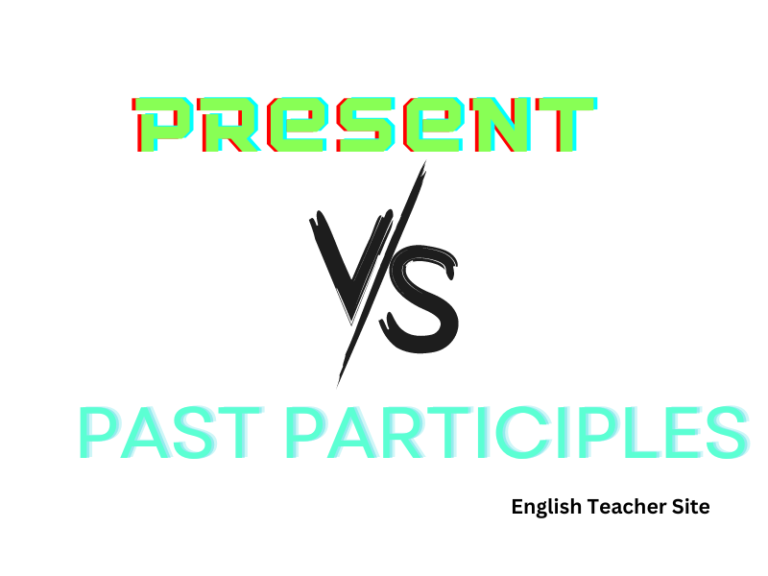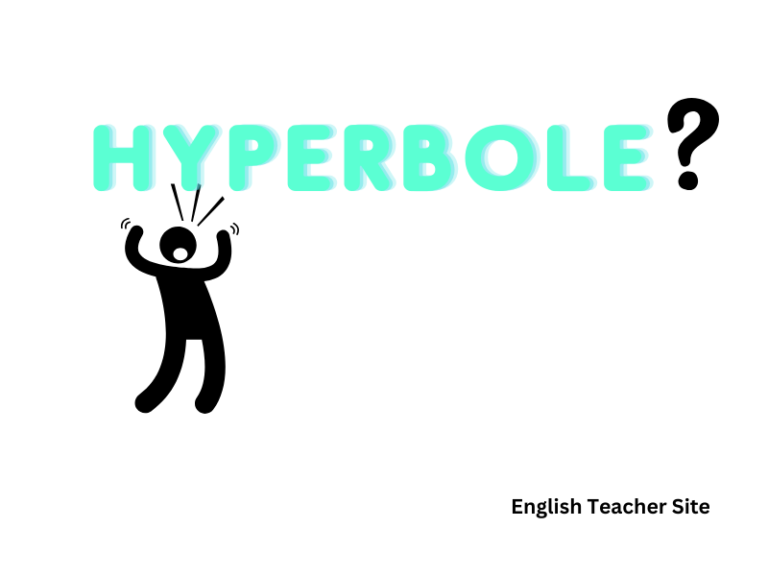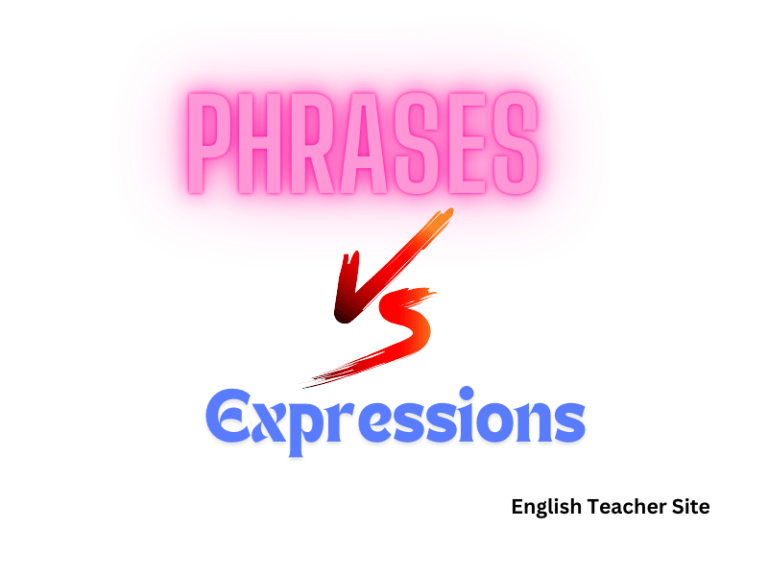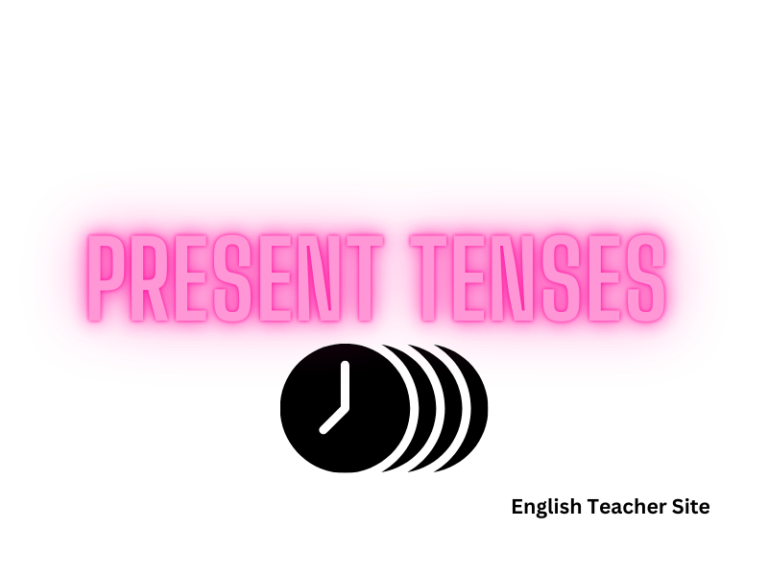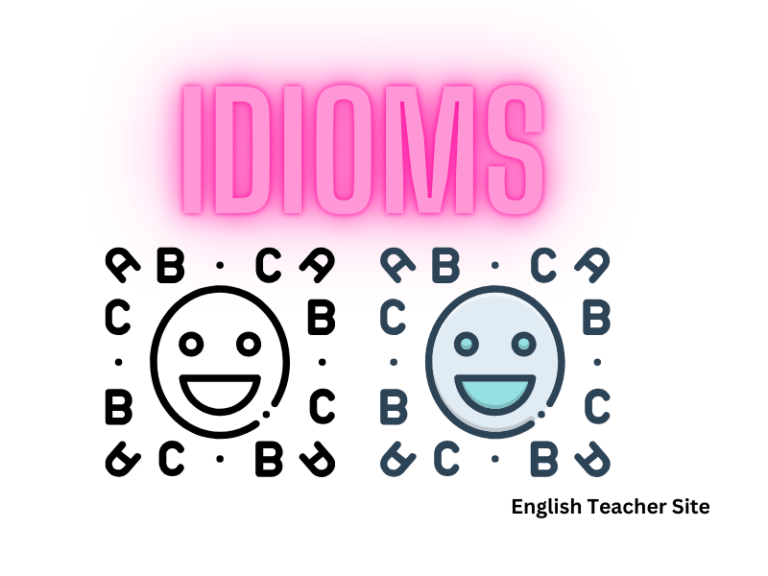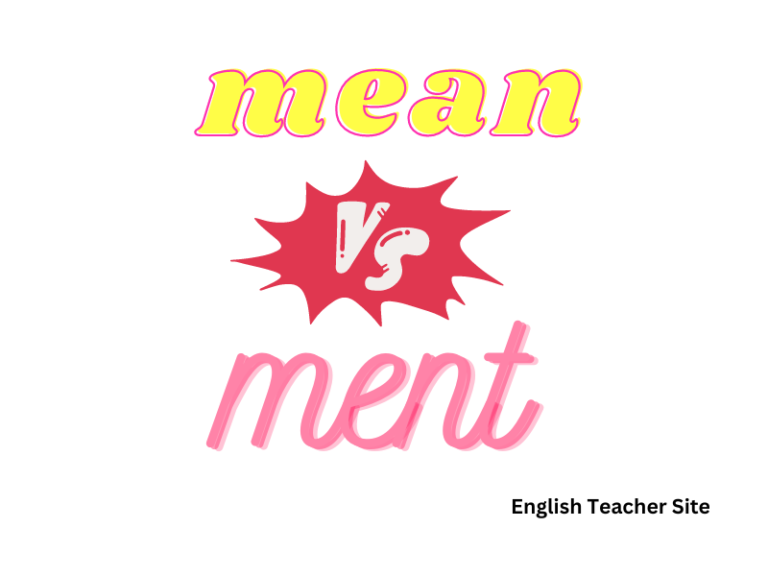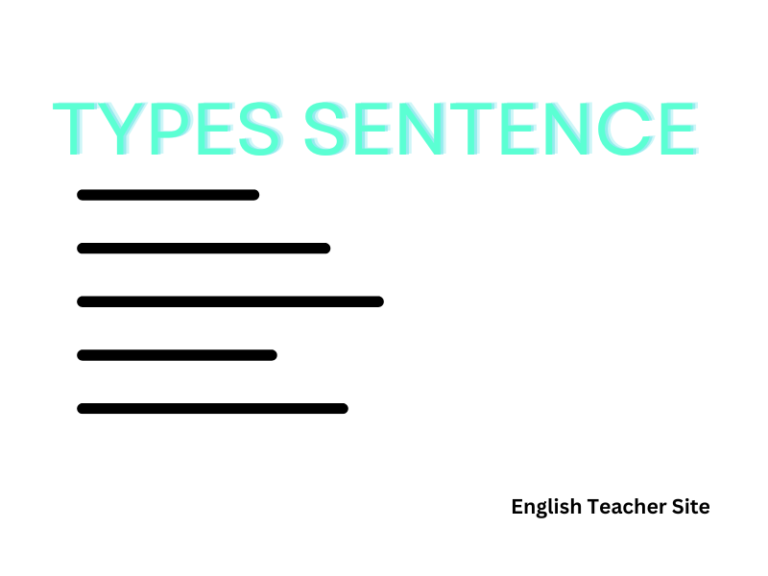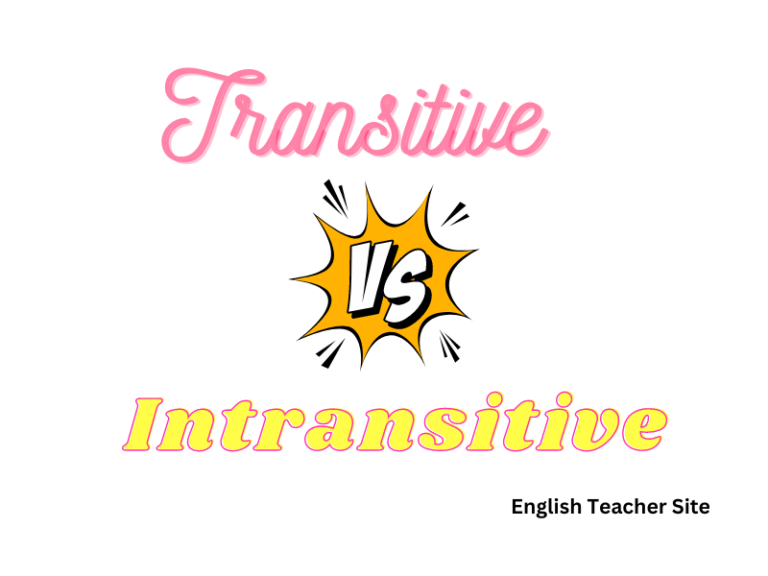Whats a Pun: Understanding Wordplay through Examples
A pun is a form of wordplay that exploits multiple meanings of a term, or of similar-sounding words, for an intended humorous or rhetorical effect. These plays on words have a long history in the realm of comedy and writing, where language is manipulated to create a humorous response. Unraveling “What’s a Pun: Meaning with…

